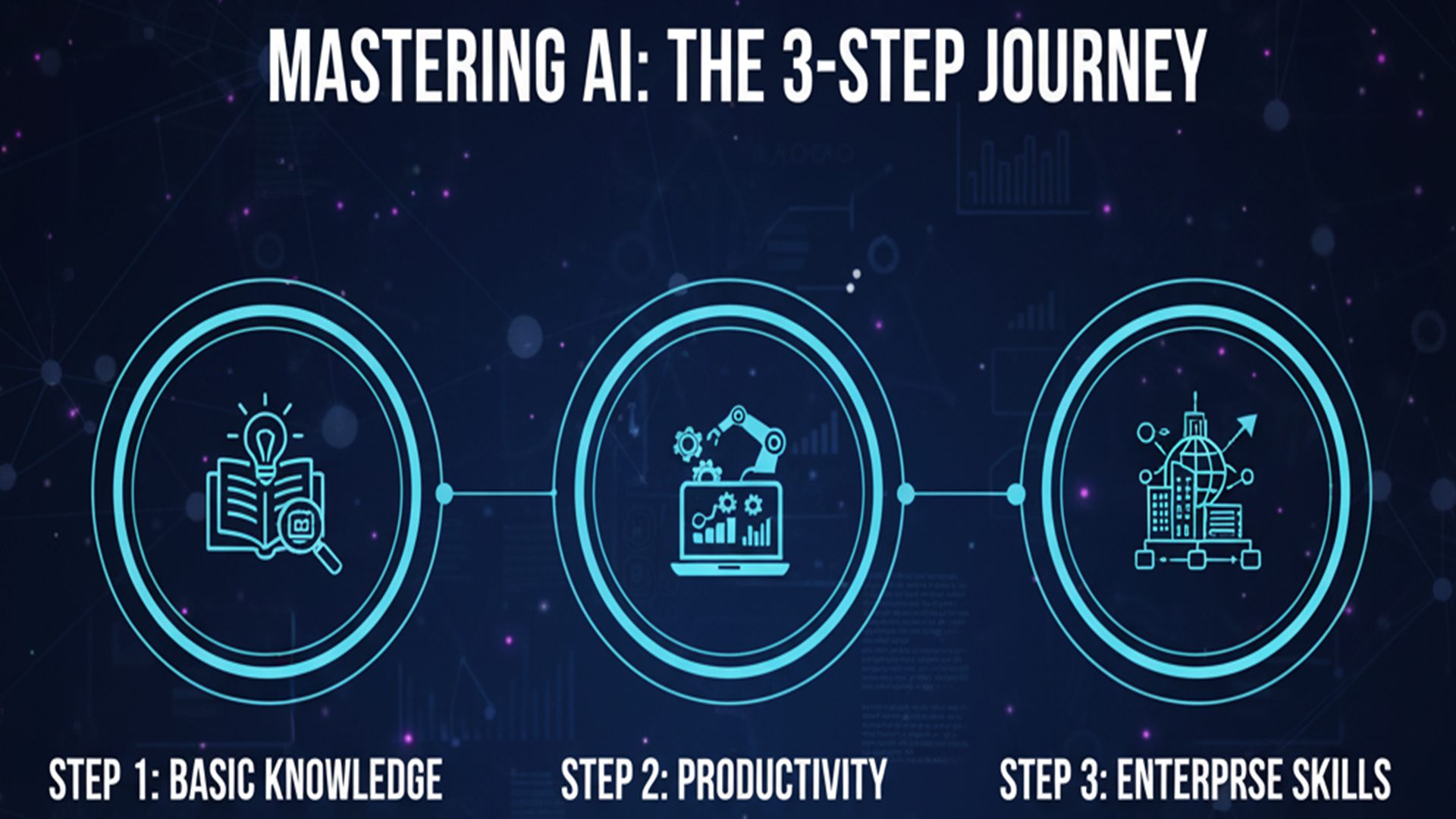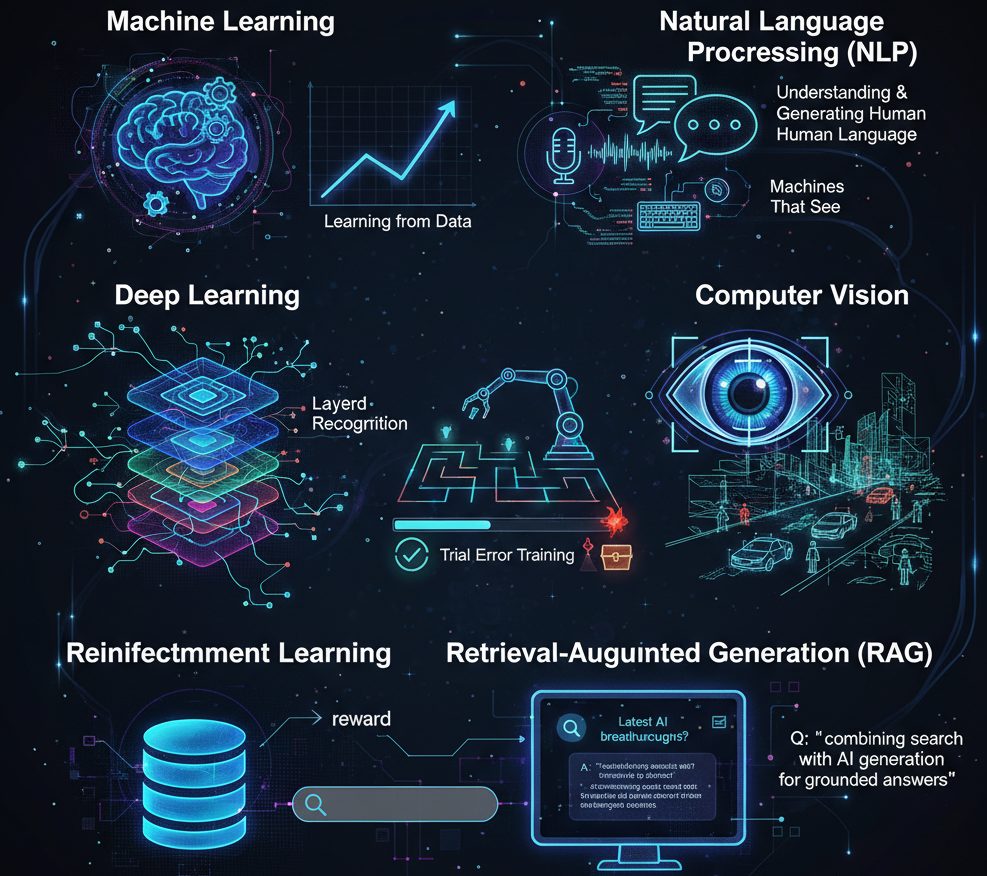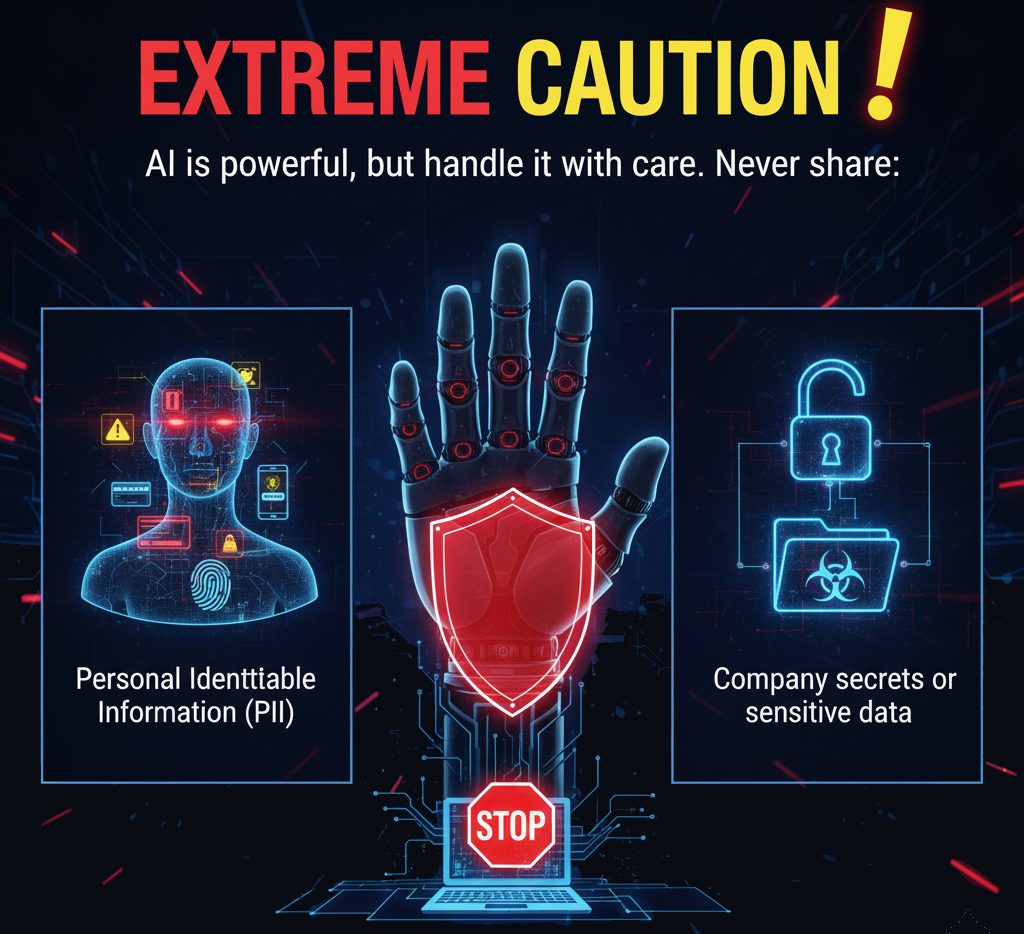Learn Artificial Intelligence
What Every Developer Needs to Know about AI!
A Practical Roadmap: What Should Integration Developers Learn in AI?
AI is transforming integration faster than ever. But if you’re an integration developer, you might be wondering: Where do I even start?
The truth is, you don’t need to master everything at once. Instead, you should focus on three core areas that will give you a strong foundation and keep you relevant in today’s rapidly evolving landscape.
Download the PDF for the presentation: What Should I Learn in AI
Check out the full video on YouTube below!

The Three Core Focus Areas
1. Build Your Basic Knowledge of AI
If you’re new to AI, it’s important to start with the fundamentals. The good news is, you don’t need to spend months buried in textbooks. Instead, start with the essentials and a few trusted resources.
Here’s one I recommend: Andrej Karpathy’s Deep Dive into LLMs. This single video will completely change the way you think about AI forever.
2. Increase Your Productivity
AI isn’t just a computer skill—it’s a tool you should be using today. Tools like GitHub Copilot can boost your coding productivity, while other AI-powered assistants can save hours of work each week.
A few key reminders:
- Many tools offer pro or premium subscriptions—determine your personal ROI before committing.
-
Always set reminders to revisit and cancel subscriptions if needed.
3. Build the Right Skills to Apply AI in Business Scenarios
As an integration developer, your ultimate goal is to apply AI in enterprise environments. That means mastering what I call AMMA:
-
APIs – Everything starts with APIs.
-
Microsoft – Leverage tools like Logic Apps and AI Foundry.
-
MCP (Model Context Protocol) – A game-changer for exposing and consuming services.
-
Agents – Think of them as digital interns who can complete tasks independently.

3 Step AI Roadmap
Core AI Knowledge You Need
Here are the six core concepts you should understand as a developer at a 10,000-foot level:
-
Machine Learning – Computers learning from data to improve over time.
-
Deep Learning – A layered approach that mimics how our brains identify patterns.
-
Natural Language Processing (NLP) – Teaching computers to understand and generate human language.
-
Computer Vision – Enabling machines to “see” and interpret images or video.
-
Reinforcement Learning – Training systems through trial and error with rewards and penalties.
-
Retrieval-Augmented Generation (RAG) – Combining search with AI generation to provide more accurate, grounded answers.

Six Core AI Features
Foundational AI Skills
Beyond concepts, you’ll need practical skills to apply AI effectively. You should work on mastering these four skills:
-
Model Selection – Choosing between cloud-hosted models or local options like Ollama or LM Studio.
-
Prompt Engineering – Crafting the right input to get the best output.
-
Context Engineering – Looking at the bigger picture to design reliable outcomes.
-
Agents & MCP – Building autonomous workflows and integrating with protocols like A2A.
How to Master This: My Approach is YouTube
I have found one of the fastest ways to learn AI is through YouTube channels. My strategy: follow 2–3 experts in each area. See my suggestions below, but you need to find a person you like and trust!
-
General AI & Productivity: Andrej Karpathy, Futurepedia, Jeff Su
-
Latest Technology: AI Revolution, Matthew Berman
-
Microsoft AI: Stephen W Thomas, Mike Stephenson, Kent Weare, James Montemagno
-
Find Your Passion (Agents, Workflows, Images, Videos): Cole Medin, Better Stack
Productivity & ROI
Productivity is where AI delivers immediate impact. Use GitHub Copilot daily, explore tools that streamline your workflows, and measure your return on investment.
Pro tip: Track subscription costs and set reminders to cancel unused tools—AI tools add up fast.
Enterprise Readiness: AMMA Skills
Enterprise AI integration requires special focus:
-
APIs – Your integration backbone.
-
Microsoft – Tools like Logic Apps and AI Foundry bring scale and trust.
-
MCP – Released in late 2024, this protocol is transforming AI integration.
-
Agents – Automate repetitive tasks with digital teammates.
And remember: Microsoft is king in the enterprise—from authentication (AD/Entra) to data (SharePoint) and communications (Teams/Office 365).
Extreme Caution
AI is powerful, but handle it with care. Never share:
-
Personal Identifiable Information (PII)
-
Company secrets or sensitive data

Use Caution with AI
Conclusion & Call to Action
AI isn’t just a buzzword—it’s transforming the way integration developers work every day.
👉 Get hands-on, start experimenting, and most importantly—find your passion.
And if you want to dive deeper, don’t miss Andrej Karpathy’s must-watch video on LLMs.
